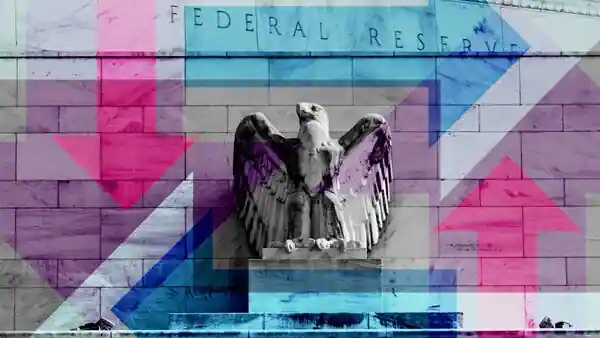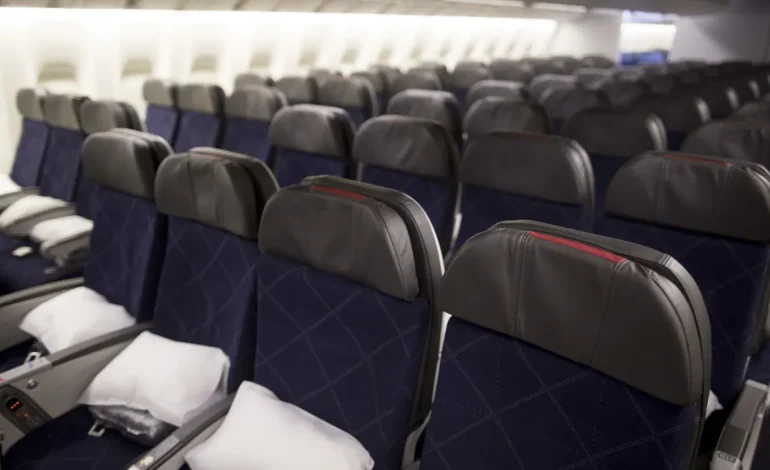Executives from major US airlines are scheduled to testify before a Senate panel on Wednesday regarding their practices of charging for seat selections, a practice that has raised concerns among lawmakers and consumer advocates.
The hearing, led by Senator Richard Blumenthal, chair of the Senate Permanent Subcommittee on Investigations, will focus on what has been described as “junk” fees in the airline industry, particularly seating fees that have generated billions in revenue.
Between 2018 and 2023, US carriers including American Airlines, Delta Air Lines, United Airlines, Spirit Airlines, and Frontier Airlines collectively earned $12.4 billion from seat selection fees, according to a report released by Blumenthal’s subcommittee. These fees apply to seats with extra legroom or those in preferred locations, such as closer to the front of the plane or by the window or aisle.
In response to criticism, airline executives will defend the practice, arguing that these fees are voluntary and provide customers with options for different seating preferences.
“Our seat selection products are all voluntary… For customers who value sitting in more in-demand locations, we offer the opportunity to pay for more desirable seats,” said Stephen Johnson, Chief Strategy Officer at American Airlines, in a written statement.
The airline industry has faced increasing scrutiny over its additional fees, with lawmakers, including President Biden, calling for stricter regulations to curb what they see as excessive charges. Some members of the Senate panel have accused airlines of exploiting customers, with Senator Blumenthal stating that airlines treat passengers “as walking piggy banks to be shaken down for every possible dime.”
Executives will also address the airline industry’s pricing strategies, which include dynamic algorithms that set fees for specific customers, raising concerns about fairness and transparency. Blumenthal’s investigation revealed that some airlines might be avoiding federal transportation excise taxes by classifying certain charges as nontaxable fees.
While major airlines, such as Delta and United, assert that the fees are communicated clearly and offer flexibility for customers, low-cost carriers like Spirit and Frontier, which pioneered the fee-based model, have been under particular scrutiny. Frontier’s business practices, including paying gate agents to ensure passengers pay for bag fees, have raised additional questions about fairness and transparency. Frontier CEO Barry Biffle defended the approach, stating that passengers who attempt to evade paying fees are essentially engaging in theft.
The Senate hearing comes amid broader concerns about rising airline fees and customer dissatisfaction, with airlines also facing opposition to new rules requiring clearer disclosure of upfront costs. The growing trend of charging for services that were once included in the ticket price, such as seat assignments and baggage, has been a contentious issue for both consumers and lawmakers alike.









